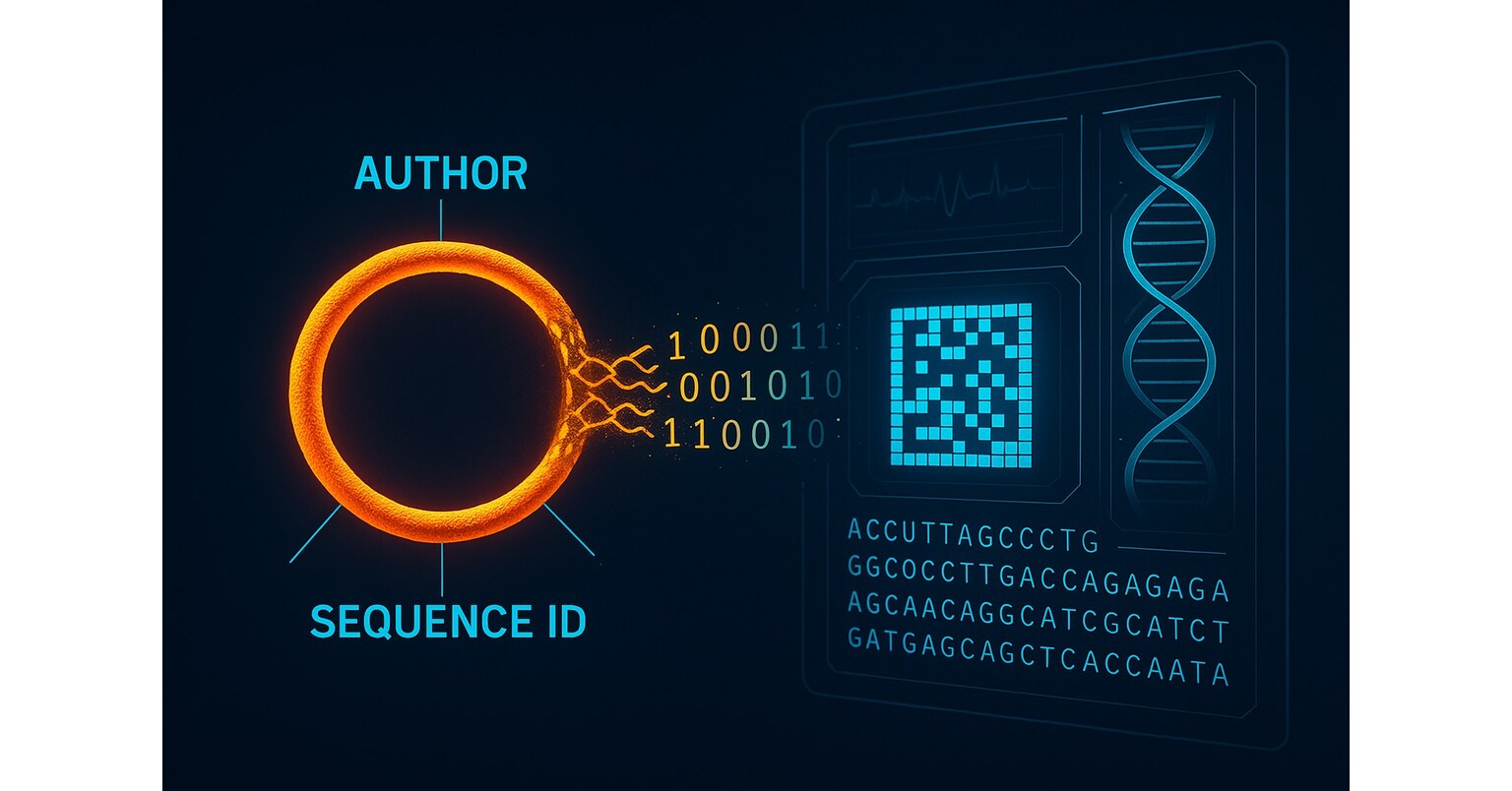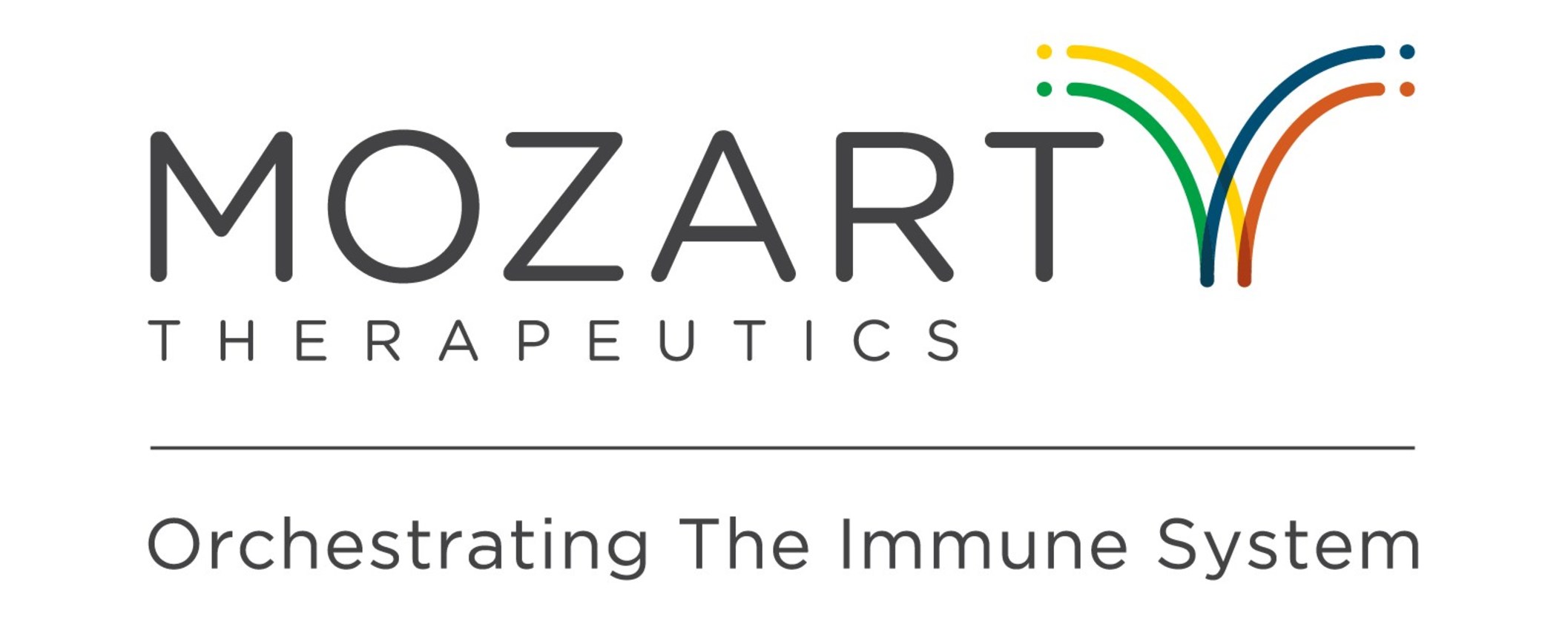, /PRNewswire/ -- Food is powerful "medicine" that impacts all aspects of the body, including the mind. In fact, research has shown that following a balanced diet can positively affect the brain and help produce results like increased focus, reduced anxiety, stress and depression and improved long-term cognitive health.
"Different foods contain different vitamins and minerals so that's why it's important to eat a wide variety of items," says Dr. Samara Sterling, a nutrition scientist and director of research for The Peanut Institute. "For example, the MIND diet, which peanuts are part of, includes 10 food groups to support brain function, prevent dementia and help fend off depression."
The MIND diet recommends incorporating green leafy vegetables and other vegetables, nuts, berries, beans, whole grains, fish, poultry, olive oil and a small amount of wine. Studies have found that those who follow the MIND diet have a 32% lower risk of depression.1
Building Blocks for a Better Brain
Peanuts and peanut butter are energy dense foods that are packed with protein, vitamins and minerals, including six compounds that support a healthy mind.
- Arginine may enhance blood flow to the brain, which can help to improve learning and memory. Peanuts have more arginine than any other nut.2
- Vitamin B3, also known as niacin, helps with energy production and proper brain development.3 Peanuts and peanut butter are excellent sources of niacin.
- Vitamin E is associated with maintaining brain health and may improve cognitive function4; and peanuts are a good source.
- Peanuts also contain: resveratrol, an antioxidant and anti-inflammatory compound, which may help improve learning and memory and protect against anxiety and depression5; choline, which promotes concentration and builds neurotransmitters in the brain6; and copper, which also promotes concentration and helps the body produce neurons.
Mental Health Support
Peanuts and peanut butter don't just help with brain health, they also support mental health.
A 2021 study of college students found that consuming peanuts and peanut butter was associated with improved memory and decreases in cortisol, anxiety and depression levels.7 Researchers believe the polyphenols in peanuts are the likely driver of the results.
An antioxidant in peanuts, p-coumaric acid, has also been shown to regulate anxiety and stress. In fact, researchers note it could have similar stress-reducing effects as leading anti-anxiety drugs.8
There's more good news because eating peanuts and tree nuts regularly has been associated with a 17% lower risk of depression.9 The benefits aren't just for older adults. More than 50 studies have found that healthy foods like nuts and legumes are associated with a lower risk of depression in adolescents (vs. fried foods, sugary beverages and processed meats, which may increase it).10
"Whether you're looking to boost focus, reduce stress, improve memory or simply maintain a healthy mind, adding a single serving of peanuts or peanut butter to your daily diet is an easy way to give your brain the support it needs," says Dr. Sterling.
For health news and tasty recipes that include peanuts and peanut butter, visit PeanutInstitute.com or follow Facebook, Twitter, Instagram, LinkedIn and Pinterest.
Based in Albany, Ga., The Peanut Institute is a non-profit organization supporting nutrition research and developing educational programs to encourage healthful lifestyles that include peanuts and peanut products. The Peanut Institute pursues its mission through research programs, educational initiatives and the promotion of healthful lifestyles to consumers of all ages. As an independent forum, The Peanut Institute is uniquely positioned to work with all segments of the food industry, the research community, academia, consumer organizations and governmental institutions.
Sources:
1. Salari-Moghaddam A, Keshteli AH, Mousavi SM, Afshar H, Esmaillzadeh A, Adibi P. Adherence to the MIND diet and prevalence of psychological disorders in adults. J Affect Disord. 2019 Sep 1;256:96-102. doi: 10.1016/j.jad.2019.05.056. Epub 2019 May 28. PMID: 31170621.
2. Zimmermann C, Haberl RL. L-arginine improves diminished cerebral CO2 reactivity in patients. Stroke. 2003 Mar;34(3):643-7. doi: 10.1161/01.STR.0000056526.35630.47. Epub 2003 Feb 20. PMID: 12624285.
3. Kennedy D. O. (2016). B Vitamins and the Brain: Mechanisms, Dose and Efficacy--A Review. Nutrients, 8(2), 68. doi:10.3390/nu8020068.
4. La Fata G, Weber P, Mohajeri MH. Effects of vitamin E on cognitive performance during ageing and in Alzheimer's disease. Nutrients. 2014;6(12):5453-5472. Published 2014 Nov 28. doi:10.3390/nu6125453
5. Shayganfard M. Molecular and biological functions of resveratrol in psychiatric disorders: a review of recent evidence. Cell Biosci. 2020 Nov 7;10(1):128. doi: 10.1186/s13578-020-00491-3. PMID: 33292508; PMCID: PMC7648996.
6. "The Role of Peanuts in Global Food Security." H. Valentine. Peanuts: Genetics, Processing, and Utilization. H.T. Stalker and R.F. Wilson, eds. London: Academic Press and AOCS Press, 2016, pp. 447-61.
7. Parilli-Moser, I., et al., Consumption of peanut products improves memory and stress response in healthy adults from the ARISTOTLE study: A 6-month randomized controlled trial. Clinical Nutrition, 2021.https://doi.org/10.1016/j.clnu.2021.09.020
8. Scheepens A, Bisson JF, Skinner M. p-Coumaric acid activates the GABA-A receptor in vitro and is orally anxiolytic in vivo. Phytother Res. 2014 Feb;28(2):207-11. doi: 10.1002/ptr.4968. Epub 2013 Mar 26. PMID: 23533066.
9. Bruno Bizzozero-Peroni, Rubén Fernández-Rodríguez, Vicente Martínez-Vizcaíno, Miriam Garrido-Miguel, María Medrano, Estela Jiménez-López, Arthur Eumann Mesas, Nut consumption is associated with a lower risk of depression in adults: A prospective analysis with data from the UK Biobank cohort. Clinical Nutrition, Volume 42, Issue 9, 2023. Pages 1728-1736. ISSN 0261-5614. https://doi.org/10.1016/j.clnu.2023.07.020.
10. Khanna P, Chattu VK, Aeri BT. Nutritional Aspects of Depression in Adolescents - A Systematic Review. Int J Prev Med. 2019 Apr 3;10:42. doi: 10.4103/ijpvm.IJPVM_400_18. PMID: 31057727; PMCID: PMC6484557.
SOURCE The Peanut Institute

WANT YOUR COMPANY'S NEWS FEATURED ON PRNEWSWIRE.COM?
![]()
440k+
Newsrooms &
Influencers
![]()
9k+
Digital Media
Outlets
![]()
270k+
Journalists
Opted In
.png)
 German (DE)
German (DE)  English (US)
English (US)  Spanish (ES)
Spanish (ES)  French (FR)
French (FR)  Hindi (IN)
Hindi (IN)  Italian (IT)
Italian (IT)  Russian (RU)
Russian (RU)  1 week ago
7
1 week ago
7









Comments